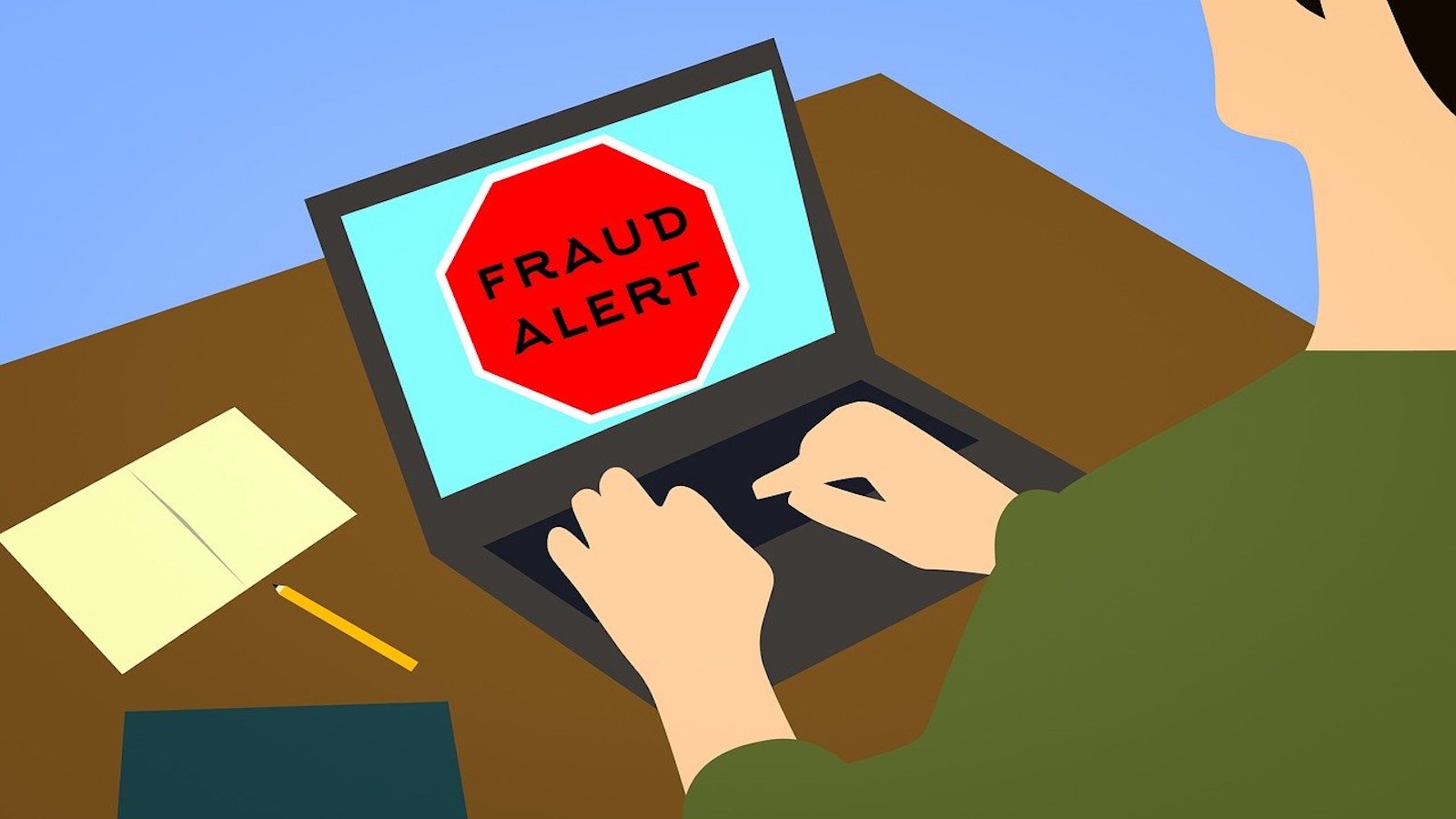
Top 6 Coronavirus Stimulus Check Scams
Here are the top scams you need to look out for while waiting for your COVID-19 relief checks.


” );
jQuery( “.shareBox”, this ).jsSocials({
shares: [“twitter”, “facebook”],
// URL to share
url: urlCurrent,
// text to share
text: shareText,
showLabel: false
});
});
});



Topics
Find Out More


Fixed for the Holidays

Trouble in Toyland 2023

